Injured Hummingbird
pedroc
17 years ago
Featured Answer
Sort by:Oldest
Comments (25)
ladyisz
17 years agokristin_williams
17 years agoRelated Professionals
Lake Oswego Landscape Architects & Landscape Designers · Saint Charles Landscape Architects & Landscape Designers · Edmond Landscape Contractors · Wakefield Landscape Contractors · Bell Gardens Landscape Contractors · Huntington Landscape Contractors · West Coon Rapids Landscape Contractors · Whittier Landscape Contractors · Woodbury Landscape Contractors · Diamond Bar Decks, Patios & Outdoor Enclosures · Draper Decks, Patios & Outdoor Enclosures · Fort Pierce Decks, Patios & Outdoor Enclosures · Hialeah Decks, Patios & Outdoor Enclosures · Honolulu Decks, Patios & Outdoor Enclosures · South Lyon Decks, Patios & Outdoor Enclosureshummerlover
17 years agopedroc
17 years agohummerlover
17 years agokristin_williams
17 years agokristin_williams
17 years agochuckr30
17 years agokristin_williams
17 years agophillyd
17 years agopaco_taco
17 years agoElly_NJ
17 years agoNonniKathryn
9 years agoezst4u
8 years agocassiep1204
8 years agocassiep1204
7 years agocassiep1204
7 years agocassiep1204
7 years agolast modified: 7 years agocassiep1204
7 years agolast modified: 7 years agocassiep1204
7 years agoHU-117594305
5 years agoHU-285777560
4 years agoezst4u
4 years agoezst4u
4 years agolast modified: 4 years ago
Related Stories
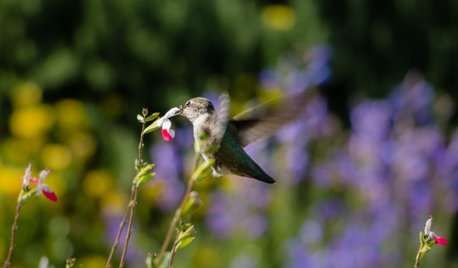
GARDENING GUIDESAttract Hummingbirds and Bees With These Beautiful Summer Flowers
Roll out a welcome mat for pollinators to keep your landscape in balance and thriving
Full Story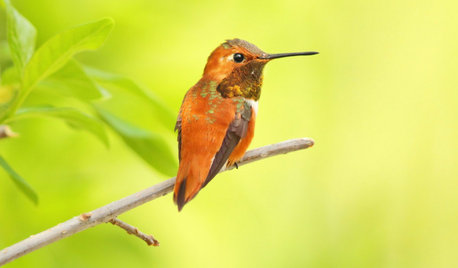
GARDENING GUIDESBackyard Birds: Invite Entertaining Hummingbirds Into Your Garden
Hummingbirds — unique to the Americas — zip through open landscapes seasonally or year-round. Here’s how to attract them
Full Story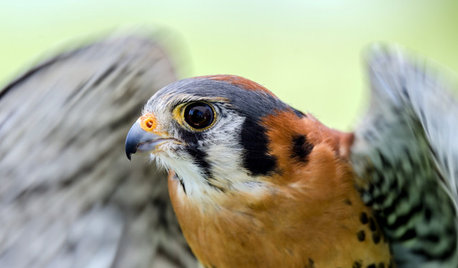
GARDENING GUIDESBackyard Birds: Create a Home for American Kestrels
These copper-colored birds of prey can be found throughout North and South America and often find habitats near human activity
Full Story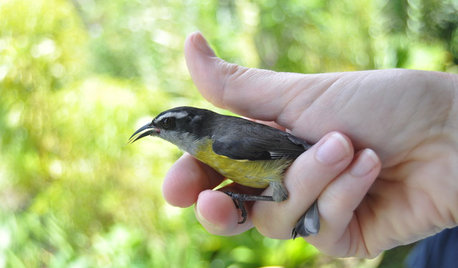
GARDENING FOR BUTTERFLIESBring on the Birds: Natural Habitat Ideas for Gardens of All Sizes
Provide nesting, watering and perching spots inspired by the Costa Rican jungle and watch the birds flock on over
Full Story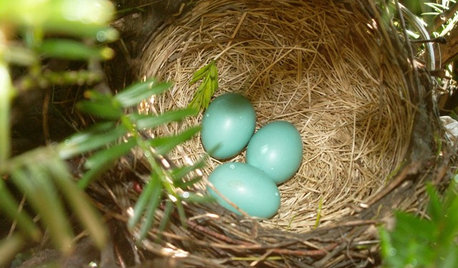
GARDENING FOR BIRDSWhat to Know About Birds Nesting in Your Yard
Learn how to observe, record data and help ornithologists with NestWatch’s citizen science project understand bird trends
Full Story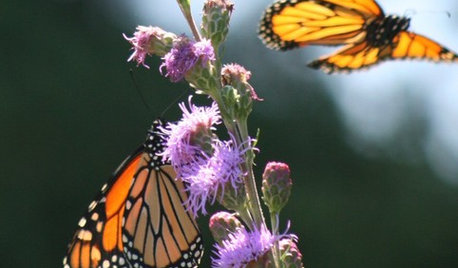
GARDENING AND LANDSCAPING10 Great Ways to Unplug and Tune In to Nature
Whether you pledge to camp out or just promise yourself a stroll, these ideas will help you heed the call of the outdoors
Full Story
MONTHLY HOME CHECKLISTSOctober Checklist for a Smooth-Running Home
You're due for some winterizing, like clearing rain gutters and stowing swimsuits — but leave time for a fun project
Full Story
FENCES AND GATESHow to Choose the Right Fence
Get the privacy, security and animal safeguards you need with this guide to fencing options
Full Story
MONTHLY HOME CHECKLISTSYour Spring Organizing Checklist
Use these ideas for clearing out the clutter and keeping rooms neat and tidy
Full Story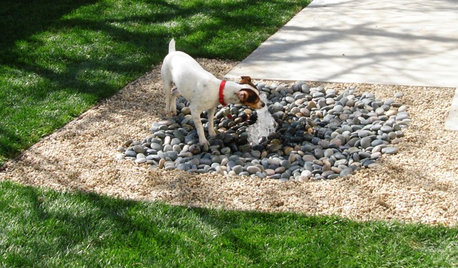
PETSHere’s How to Show Your Pet Even More Love
February 20 is Love Your Pet Day. Find all the ideas and inspiration you need to celebrate right here
Full StoryMore Discussions






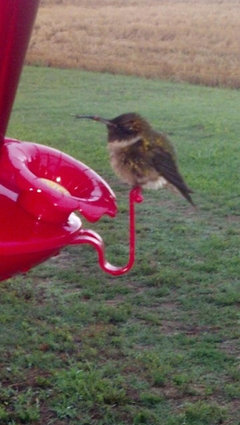
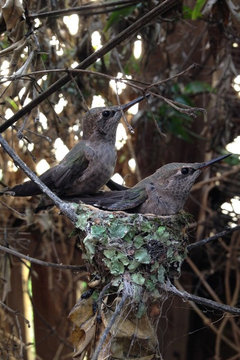
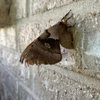
Hannah SKILES